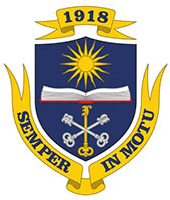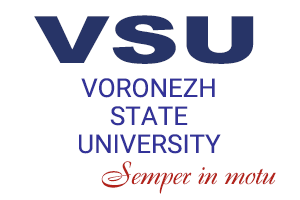Despite the COVID-19 pandemic, in a situation when the borders between countries are closed, Voronezh State University keeps running its student exchange programmes together with international partner universities. In the spring term of 2020–2021, international students had a chance to study at VSU online. Distance learning was organised for students from the University of Lille (France) and the University of Göttingen (Germany). Teachers of the International Education Institute, the Faculty of Philology, and the Faculty of Geography, Geoecology, and Tourism gave lectures on the “Electronic University VSU” web portal. The students told us what they think of the course.
“I had wonderful teachers. Thanks to their help I’ve made significant progress in Russian, which was my goal in the first place. I also learned a lot about phytogeography, about Russian culture, life in Russia, its traditions and history. I always got answers to any of the questions I had. I was also surprised that I could choose my academic subjects. What I regret most is that I didn’t have a chance to go to Russia. I couldn’t go to Voronezh to see the university, the teachers, and other students. However, despite the unusual format and the distance, this academic year was one of the best in my life!” said a student from the University of Lille, Clair Girod.
“At first I doubted that taking part in an online exchange programme was a good idea. But I finally decided to do it, and having completed the course I can say that it was really good. The coordinators in the international office and the teachers were very friendly and helpful. I had a personal tutor who helped me with the formal procedures and technical issues, and everything which concerned the schedule, home tasks, assignment deadlines, and anything I didn’t understand in the Russian education system. The workshops in the programme “Russian as a foreign language” were very interesting and were specially tailored for foreign students. Compared to what I heard from students studying at universities in Germany and England, the workload was quite heavy, about 30–40 hours every week with 11 exams and tests at the end of the course. The deadlines for certain assignments were also rather tight. For example, we had to complete certain tasks within a week. On the other hand, the list of exam questions and all the additional study materials were published on Moodle at the beginning of the term, which made it easier to revise for exams. We also had an opportunity to participate in several scientific conferences. I would definitely recommend an exchange term at VSU. I liked the quality of the workshops and the fact that they varied a lot, as well as the extracurricular activities. And I also appreciate the support that VSU gives to international students,” said a student from the University of Göttingen Jeannine Bätz.


